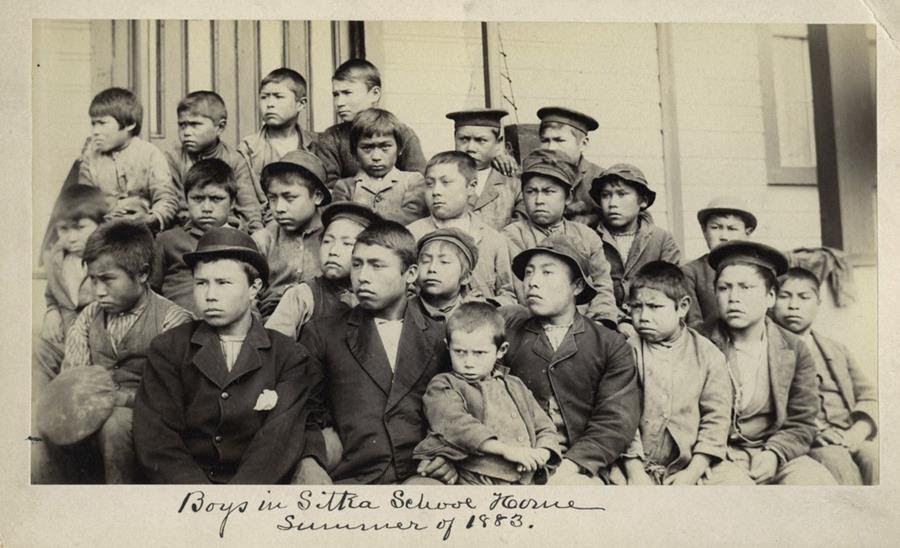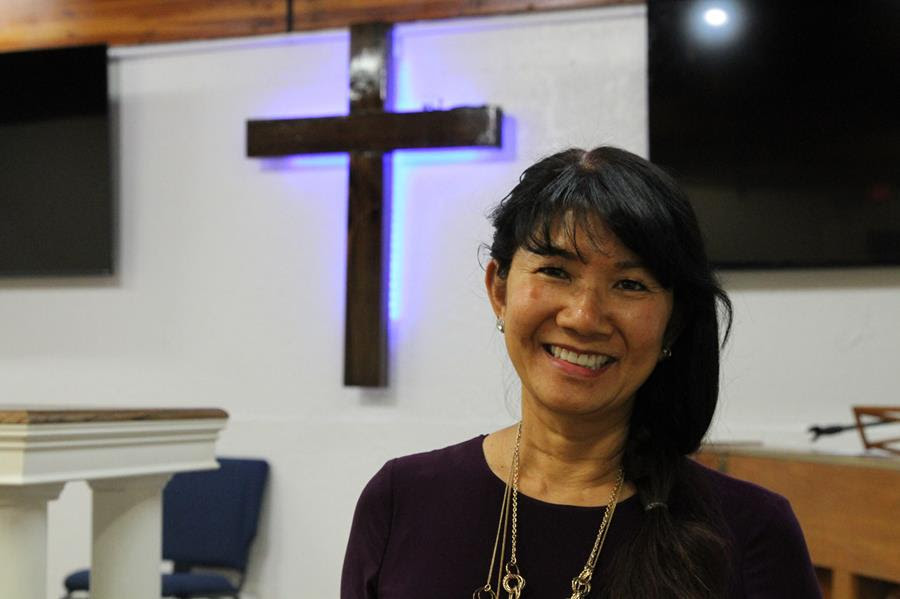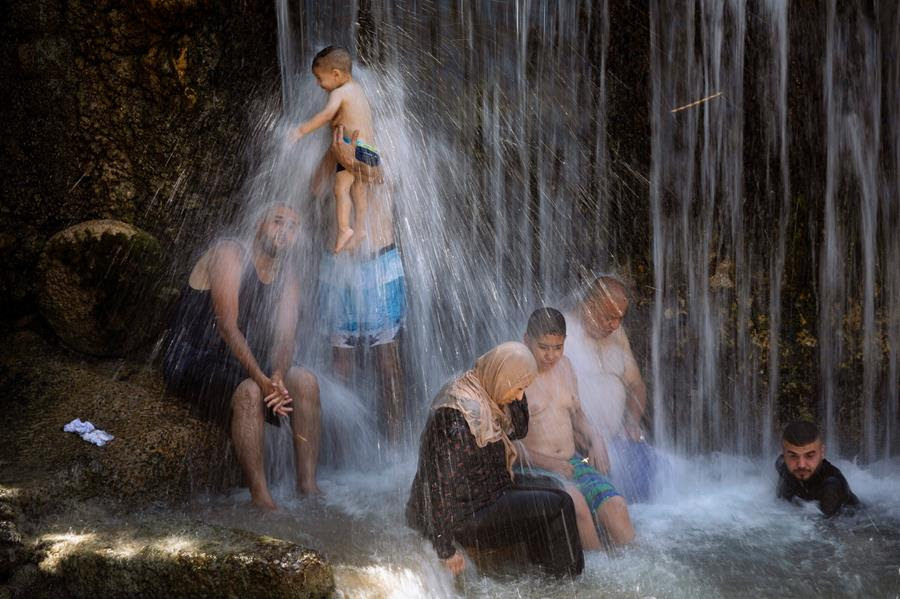Lead story
Editor's note:
The discoveries of hundreds of unmarked graves at former residential schools for Indigenous children in Canada have prompted renewed calls for a reckoning over the traumatic legacy of similar schools in the United States. And there's pressure on religious organizations to play a lead role in that process. U.S. Catholic and Protestant denominations operated more than 150 boarding schools between the 19th and 20th centuries. Native American children were severed from their tribal families, customs, language and religion and brought to the schools in a push to assimilate and Christianize them. Associated Press writer Peter Smith notes that some U.S. churches have been reckoning with this activity for years, while others are just getting started. Some advocates say churches have more work to do in opening their archives, educating the public about what was done in the name of their faith and helping former students tell their stories of trauma.

Religion News
Cardinal in Vatican fraud trial: My conscience is ‘tranquil’
Fraud and embezzlement trial over alleged mismanagement of Vatican's investments began Tuesday, with a once-powerful cardinal among the 10 defendants saying he remains “obedient” to Pope Francis, who stripped his privileges to bring him before the tribunal. By Frances D'Emilio/The Associated Press
‘This is our Selma moment,’ clergy leaders announce on eve of 27-mile voting rights march to Austin
On Wednesday (July 28), the Rev. William J. Barber II will lead clergy and laypeople on a four-day, 27-mile march from Georgetown to Austin, Texas, to protest the rollback of voting rights and demand federal action. By Yonat Shimron/Religion News Service
A federal appeals court has rejected an attempt to reinstate a lawsuit challenging Colorado’s anti-discrimination law by a web designer who, citing her Christian faith, did not want to create wedding websites for same-sex couples. By James Anderson/The Associated Press
Mary, mother of Jesus, returns as an icon for pop stars and social justice warriors
She’s showing up on everything from guitar gear to luxury coats — and people of all backgrounds are flocking to her. By Whitney Bauck/Religion News Service
Divine transformation: Ex-Alaska strip club becomes church
A strip club that once beckoned customers off a busy highway leading into Alaska's largest city is now a church offering salvation instead of temptation. By Mark Thiessen/The Associated Press
Commentary and Analysis
A scholar of ancient Greek literature explains what the Olympics of modern day have in common with the 776 B.C. games at Olympia. By Joel Christensen for The Conversation
Many people are starting to celebrate the return to a pre-pandemic life. How does that feel to those who have suffered losses and are still grieving? By David Sloane for The Conversation
The Catholic narrative in public life has become a soul-wearying experience. By John Gehring/Religion News Service
How limiting Latin Mass may become the defining moment for Pope Francis
Pope Benedict XVI expanded the Latin Mass in 2007 in an olive branch to traditionalists. His successor hopes reversing that decision may better serve unity in the church. By Steven Millies for The Conversation
Israeli Arabs stand under a waterfall during the Muslim Eid al-Adha holiday at the Gan HaShlosha national park near the northern Israeli town of Beit Shean, Wednesday, July 21, 2021. Eid al-Adha meaning "Feast of Sacrifice," this most important Islamic holiday marks the willingness of the Prophet Ibrahim (Abraham to Christians and Jews) to sacrifice his son. (AP Photo/Oded Balilty)
Did a friend or colleague forward this to you? Click the button below to subscribe.

- This Week in Religion is a publication of the Global Religion Journalism Initiative, a collaboration among the Religion News Service, The Associated Press and The Conversation U.S.
- The three news organizations work to improve general understanding and analyze the significance of developments in the world of faith.




No comments:
Post a Comment